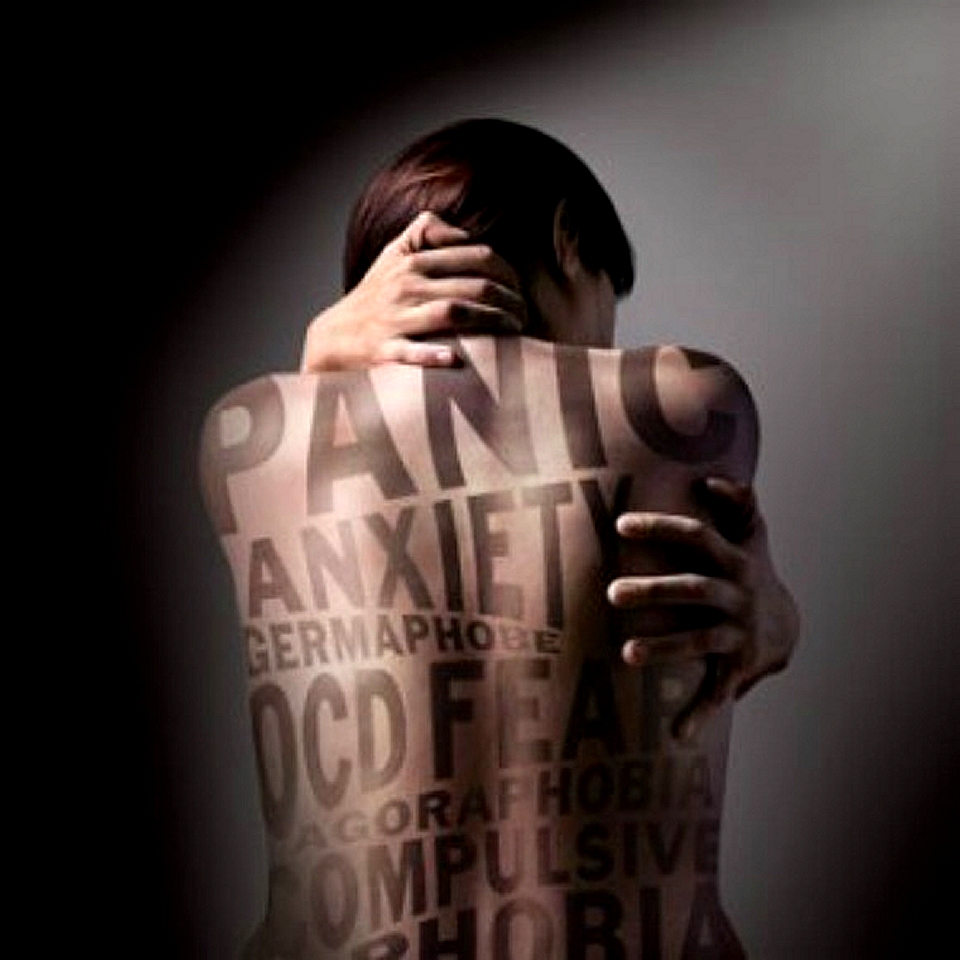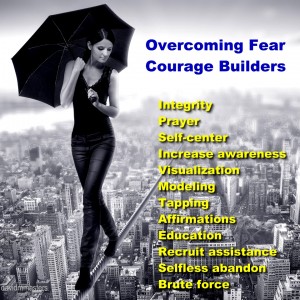For the most part anxiety, depression and the myriad diagnoses and symptoms that accompany these maladies are all fear-based. Granted, fear is a necessary survival instinct that helps to keep us alive and enables us to have a heightened sense of awareness when danger is present or the need for self-protection is imminent. On the other hand, when fear gets out of balance, anxiety symptoms and depression symptoms escalate creating disorders that can greatly affect our lives.
The therapeutic treatment community is doing their very best to keep up with all these anxiety disorders that are increasing at an alarming rate within the various ranks of our society. Categorization and labeling of specific symptoms has helped mental health professionals to define certain disorders and drug experimentation has been helpful in mitigating the damages (or subduing the symptoms) so as to offer a sense of normalcy to those afflicted with these fear-based ailments.
Some of the most prominent classifications include General Anxiety Disorder and its shirt-tailed cousins, Agoraphobia, PTSD (Post Traumatic Stress Disorder), OCD (Obsessive Compulsive Disorder), Panic Disorder, Social Phobia (as well as all other types of phobias, like fear of enclosed spaces, heights, large bodies of water, spiders, snakes, etc…), Acute Stress Disorder, Substance Induced Disorder and a number of variation and combinations as unique as each individual patient.
Then there are the depression disorders, like Bipolar disorder, Manic depression, Melancholia, Major depressive disorder, Seasonal affective disorder (SAD), Clinical depression, Dysthymic disorder, Psychotic depression, Cyclothymic disorder and Unipolar depression plus an unlimited hodgepodge of mixed anxiety-depression to make things even more complicated.
Are You Anxious or Depressed?
With the growth of these fear-based disorders, chances are you suffer from some form of anxiety or depression (which all of us do to some degree), but either you or someone you know suffers from an above-normal anxiety or depression level and you know things are just not right.
What Can You Do About It?
First off, seek help; a qualified third-party to help you discover a proper diagnosis and some intermediary intervention, because left to itself increasing levels of anxiety and depression can lead to suicide, one of the most escalating causes of premature death in the United States today.
That said, as soon as you are able to get a grip, take time for introspection. Either alone or with the help of a counselor, you can find out what the source of your anxiety and/or depression is and deal with it.
Finding inner peace through meditation, mindfulness and disengaging the painful neurological connections in your brain by using tapping (Emotional Freedom Technique) or other psychological pain interventions can be highly effective modalities in helping to achieve a safe emotional place of self-centered being.
You are the master of your own fate. Increase self-confidence and take control of your life. You can – even in the most challenging life circumstances – find peace, harmony and happiness from within, living an enthusiastic life, giving you the ability to achieve your highest and best.
When you allow yourself to suffer the symptoms of anxiety and/or depression, your personal vibration acts as a powerful magnet attracting more and more negative life circumstances. Don’t close yourself off from others. Only by centering yourself and living a happy life (though probably faking it, at first), get out in public, put on a smile, greet people (even if only the clerk at the store, at first) looking and acting as if you are happy, will eventually help you feel better.
Finding any way to make you feel better is doctor’s orders. If it feels good to spend time with friends, be out in nature or go to a comedy club, whatever… Do that; then do more and more of those things that make you feel good.
Practice stress reduction techniques, such as mindfulness meditation or aerobic exercise. Shift your focus to the positive emotions in your daily life. Work to identify meaning and purpose in your life. Get support from others. Go for a walk or run in a park.
You Can Do This
You can conquer anxiety and depression and ultimately live a stress-free and happy life, if you learn how to relieve stress and are ready to get back in the driver’s seat of your best life, create an alternate route and begin your new journey to the destination of your choice.
Do not let these feelings and inner voices devour you. You have all the tools necessary to deal with this and get you back on your feet.

